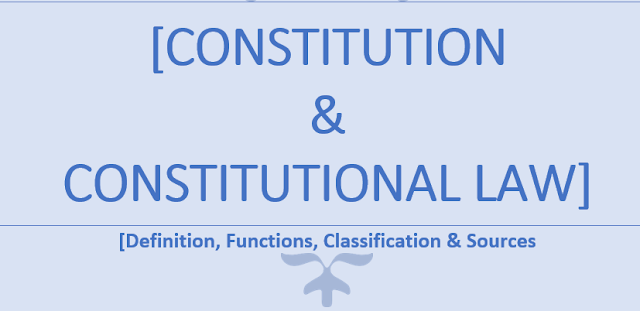Does the Constitution validate the 'interim government' in Bangladesh?
Sheikh Hasina resigned as prime minister and fled the country on Monday facing a mass uprising, and, in response to demands from leaders of the student movement, political parties, President Mohammed Shahabuddin dissolved parliament the next day.
Besides, based on proposals from leaders of the student movement an interim government is going to be formed. Following a proposal from the movement’s coordinators, Nobel laureate economist Dr Muhammad Yunus was finalized late on Tuesday as head of the interim government. The government will be formed once decisions regarding the other members are made.
However, the present constitution of Bangladesh does not contain any provision for such an interim government rather it only validates elected governments. The sudden fall of the Awami League government without an election has created this situation where questions have arisen about how interim government will be legalized.
As mentioned earlier the current constitution does not contain any provision for an interim government. Previously, there used to be a similar provision known as a “caretaker government contained in articles 58A, 58B, 58C, 58D and 58E which were deleted by the 13th amendment to the constitution of Bangladesh following a judgement of the Appellate Division of the Supreme Court.
According to the current constitution, national elections have to be held under the elected government before or after its term ends. This government will then transfer power to the winning political party or coalition.
In this regard, experts have referred to the example of the late Justice Shahabuddin Ahmed leading a temporary government and have argued that such a provision can be practiced in a special situation but it would need constitutional validation in the future.
Prof Dr Asif Nazrul said in this regard that in extraordinary situations, actions might be taken to create provision for an interim government for the country's and people's interest but it would need constitutional validity in the future. He also referred to the precedent of Justice Shahabuddin Ahmed becoming head of a temporary government in 1991.
It is to be mentioned here that after the fall of military dictator Hussain Muhammad Ershad’s government on December 6, 1990, due to a mass uprising, an interim or temporary government was formed under then-Chief Justice Shahabuddin Ahmed to conduct the fifth general election within three months through a consensus among all parties, including the Awami League and BNP. Later, the temporary government was given constitutional validity through the 11th amendment, passed in the fifth parliament through an election involving all parties in 1991.






